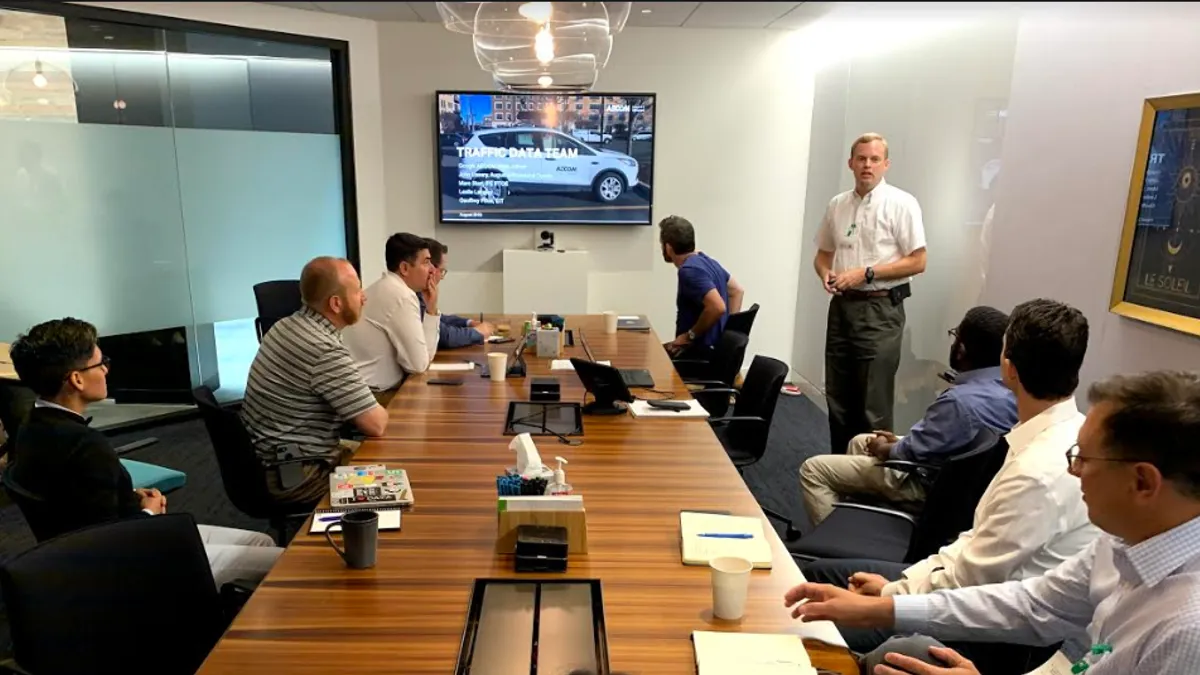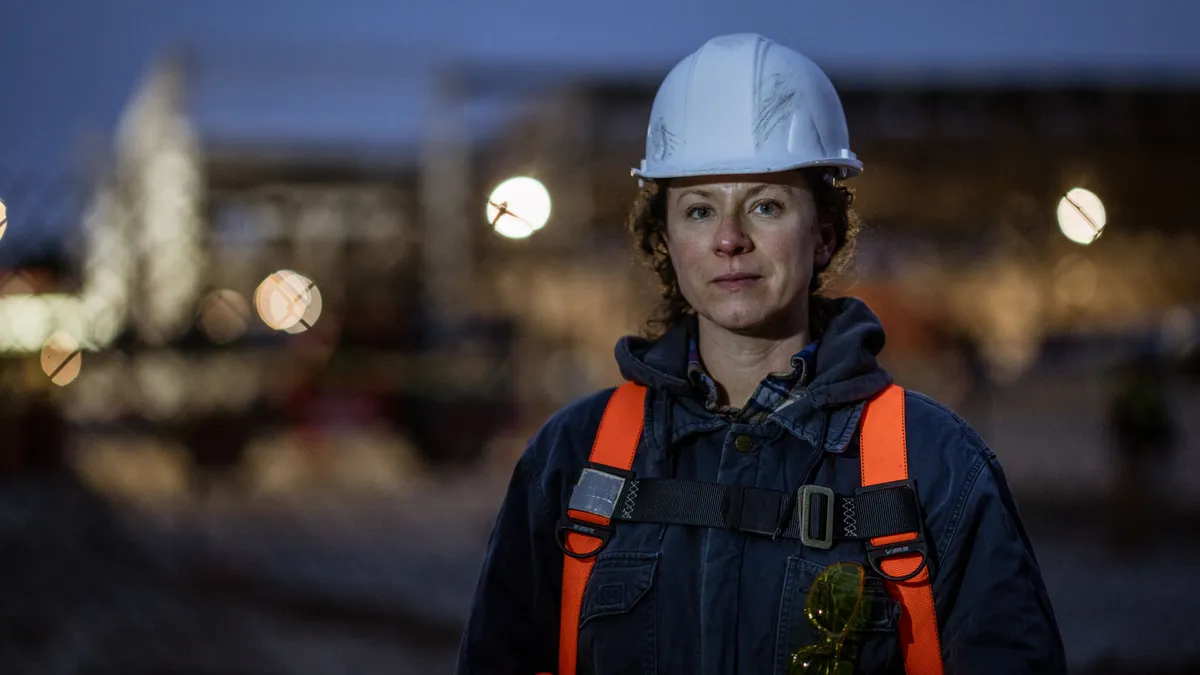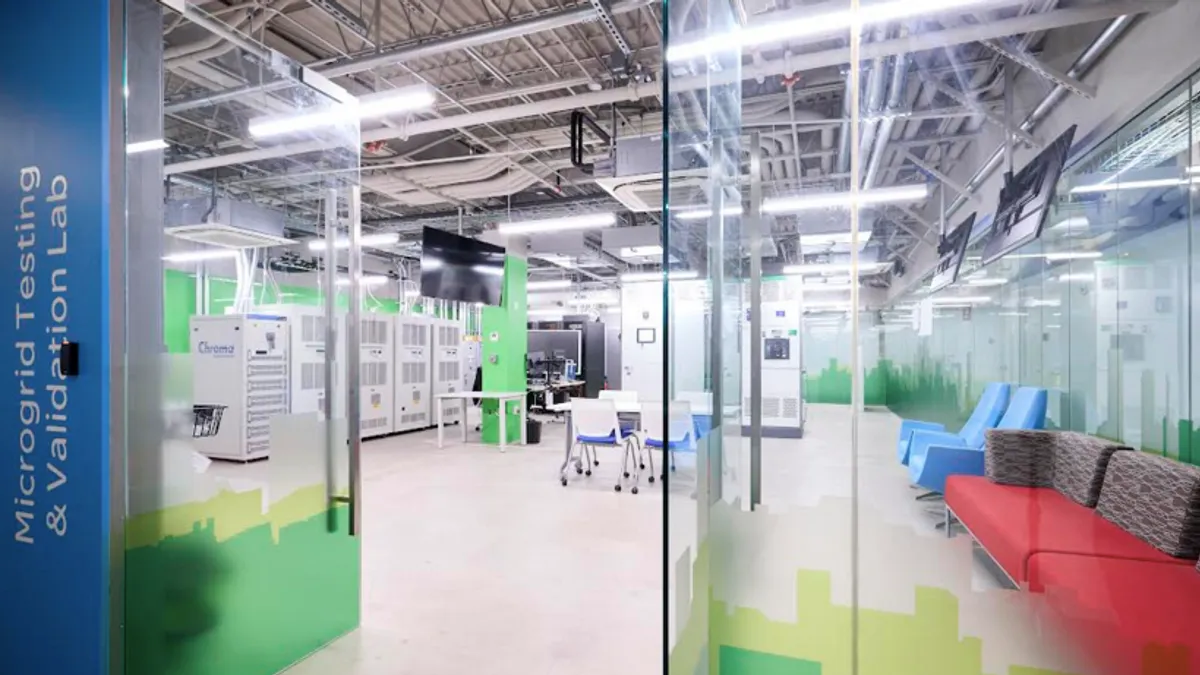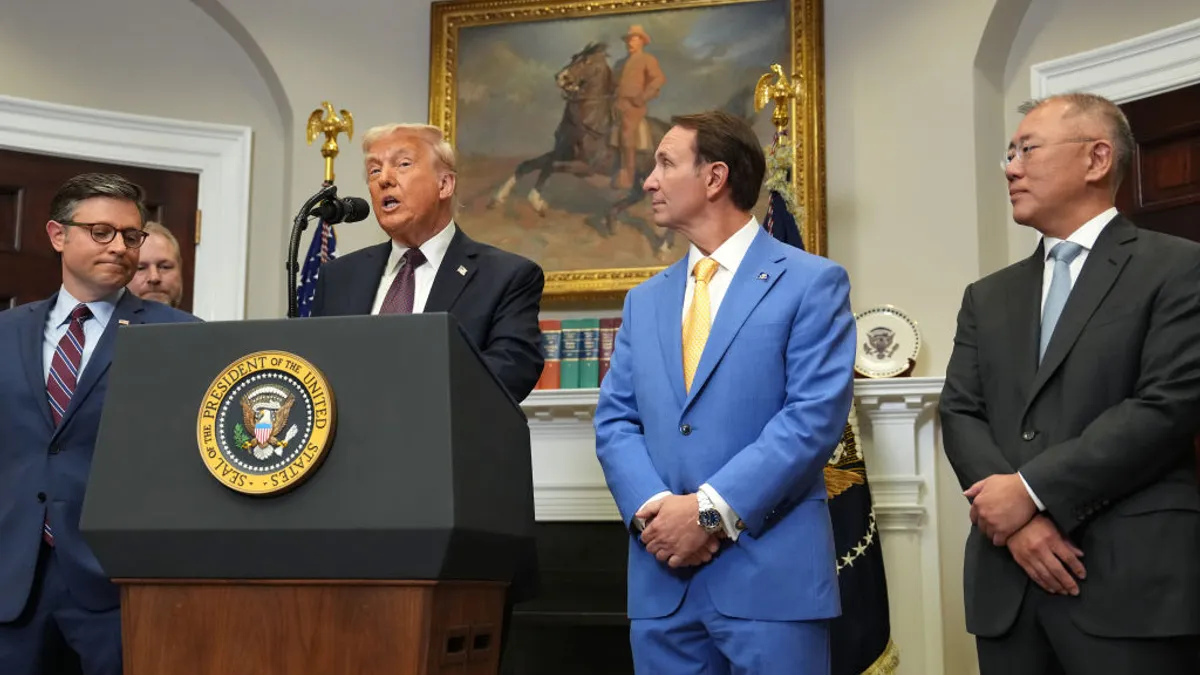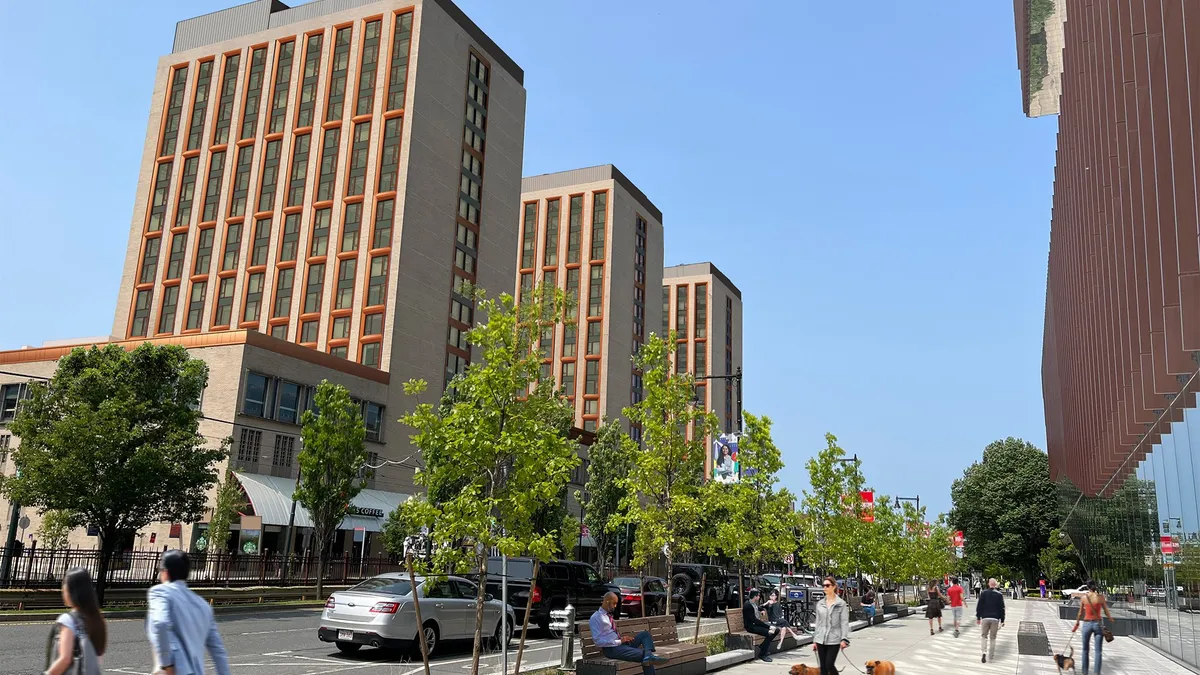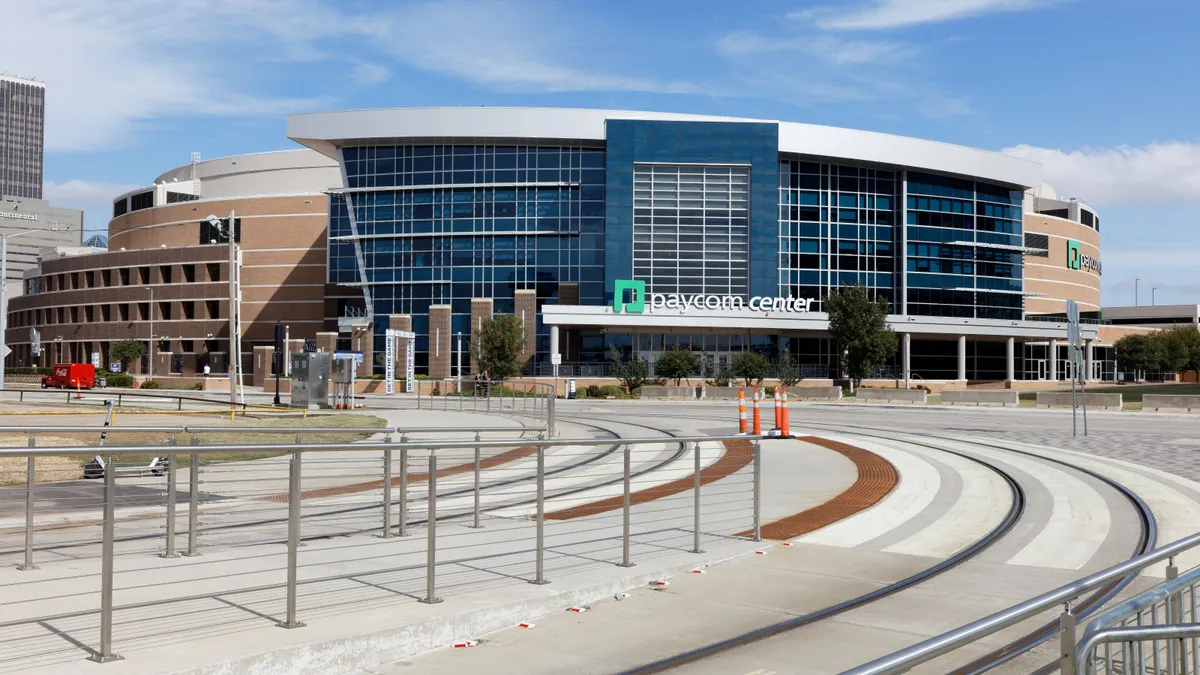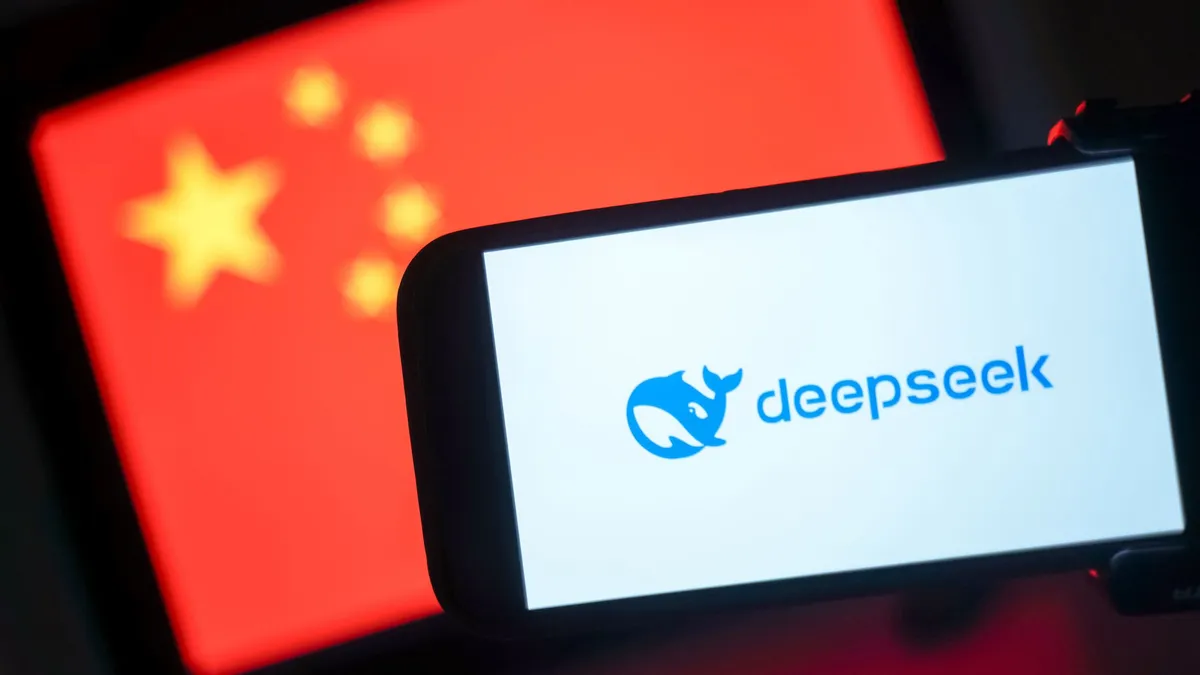During a typical "hackathon," groups of software developers meet over several days to engage in intensive rounds of computer programming. Participants motivate each other to share ideas and collaborate on technology-focused problem solving.
While this doesn’t sound like a gathering common to construction managers, one of the industry's largest firms recently tapped into the idea to address issues of importance to its employees and clients.
Last month, AECOM and Google Cloud co-sponsored a three-day hackathon event at Google's Playa Vista, California, campus. Attendees were charged with using the Google Cloud platform to work out tech-based solutions relevant to AECOM's infrastructure division. Cloud computing involves delivering and storing computer services solely using the internet rather than local hardware.
“The thought was that we could bring our experts, Google’s experts and a client together to help find solutions to common problems,” said Kevin Carlson, the contractor's global lead of digital transformation.
Before the hackathon, AECOM employees identified business problems that could benefit from cloud-based concepts, Carlson said. His team evaluated pitches from several groups and chose three to examine during the event.
“We looked at problems where we already have a big set of data, and by applying artificial intelligence and machine learning, we could pull insights out of that data that we couldn’t otherwise reach,” he said.
Once the issues were identified, each team was assigned an AECOM and a Google technical expert. About 20 AECOM employees were involved, Carlson said.
While there was no direct cost to host the hackathon, the travel expenses and employee time represented a significant commitment of AECOM resources, he added.
A Google spokesperson said the event is an example of the firm's commitment to understanding the industries that its clients work in.
"A hackathon is a great way for us to better understand our customers’ needs and work together to solve complex business challenges," the spokesperson said.
Machine learning
The event led to innovative thinking on all three issues, Carlson said, and each of the teams came away with working proofs of concept.
“The goal was to take an idea during a very focused and intensive period of time and turn it into a solution,” Carlson said. “We were literally ‘hacking’ the solutions.”
The first group looked at the problem of underground pipe inspections, which are completed by workers who watch hundreds of hours of CCTV video footage to find problems. “It’s a time-consuming, labor-intensive, tedious process,” Carlson said.
Using Google’s pre-release AI tool for computer vision, the team hit on the idea of training an algorithm to find issues in underground pipes via high-frame-rate video. The machine-based inspections would be more precise and quicker than humans, the team estimated, and require only minimal human interaction.
Workforce assessments
The second group focused on automating AECOM’s huge cache of data and employee knowledge to assess electrical utilities and other infrastructure via the company's internal network, or intranet. They proposed an AI-enabled system driven by engineers’ insights, much like the Captcha system asks users to click on correct images to verify they are legitimate users.
“The idea is to leverage our workforce to train computer vision models to make assessments about infrastructure,” Carlson said. "Say we have an engineering team whose job it is on a daily basis to assess overhead electrical utilities, then how do we as part of that team's interactions with our intranet present them with images of infrastructure they visually assess all the time and have them train models as part of their daily work?"
The third hack involved using AI to help predict when traffic stoplights are triggered at railway crossings. The team suggested installing intelligent stoplights and signaling networks programed with predictive algorithms as a way to help emergency vehicle drivers avoid traffic roadblocks.
“With predictive intelligence, to be able to say in advance when the crossing will be blocked based on lots and lots of history, there's an opportunity to improve that scenario," he said.
Win-win collaboration
Carlson said that the event required about three months of upfront work, including moving large amounts of data to the cloud and training AECOM employees on certain aspects of Google Cloud.
The company's partnership with the tech giant was critical to the event's success, he said, adding that the two companies have worked together for many years.
"For us, it’s the benefit of taking our engineering ingenuity and merging that with the technical horsepower that exists with the software in the Google Cloud," Carlson said.
The project and its takeaways, while just theories, energized AECOM staff, Carlson noted. The team is planning another hackathon soon, probably in about six months.
“We feel we have to stay ahead, because the market's changing really fast, especially with certain aspects of technology and we have to stay one step ahead of that," he said. "Through partnerships and formats like this we are committed to doing that."
While a Google spokesperson declined to say whether the tech firm has sponsored hackathons with other U.S. contractors, Google Cloud has partnered with other construction-related firms, such as Travis Perkins, one of the United Kingdom's biggest building materials suppliers.



